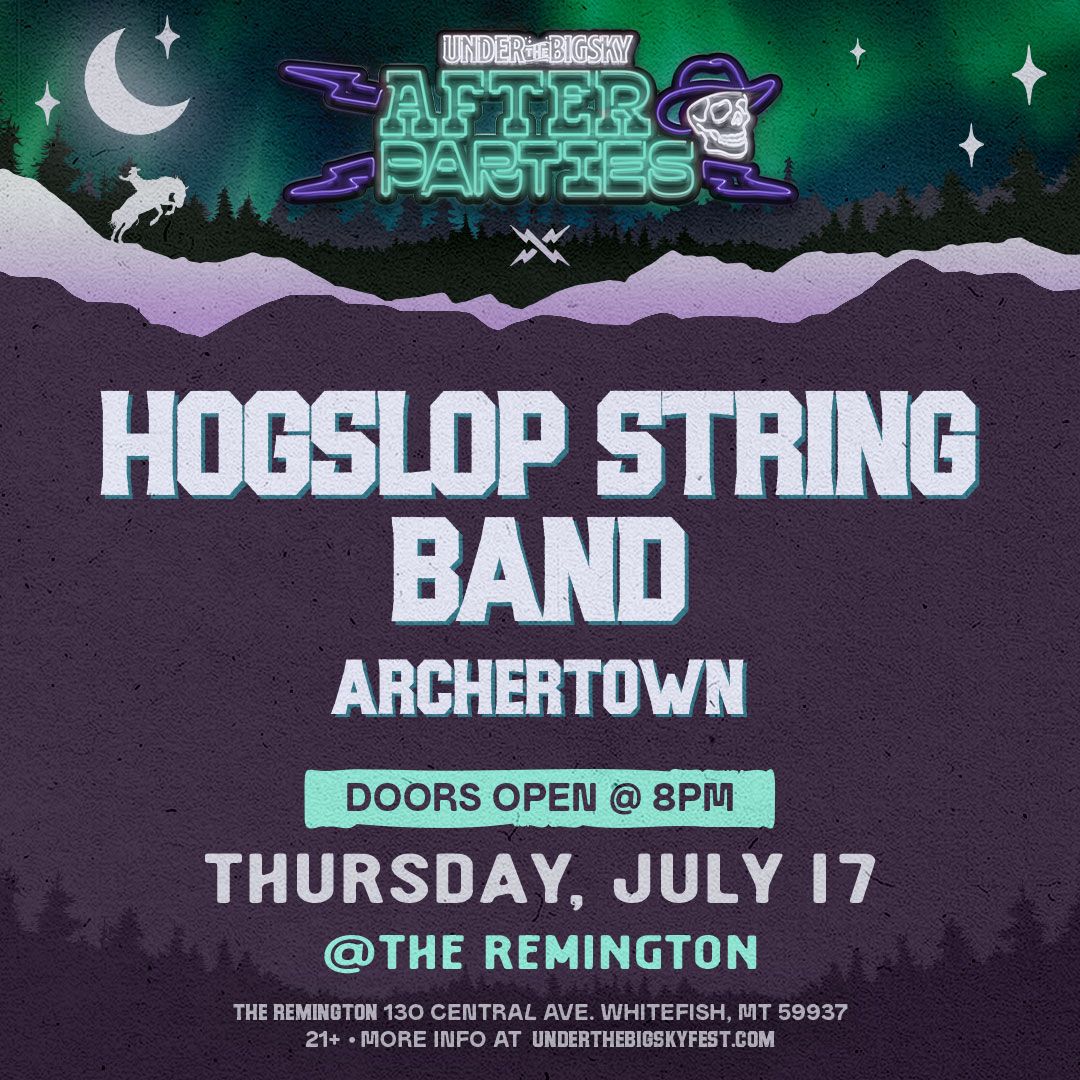
Hogslop String Band is a Nashville-based group that blends traditional Southern old-time string band music with high-energy rock-and-roll, creating a unique and irreverent sound. Formed in 2009, the band features Kevin Martin (fiddle), Gabriel Kelley (guitar, harmonica, vocals), Daniel Binkley (banjo, vocals), and Casey “Pickle” McBride (washtub bass) . Known for their dynamic performances, they have graced stages like the Grand Ole Opry and festivals such as Under the Big Sky, and their latest album, Down The Road, showcases their genre-defying style .
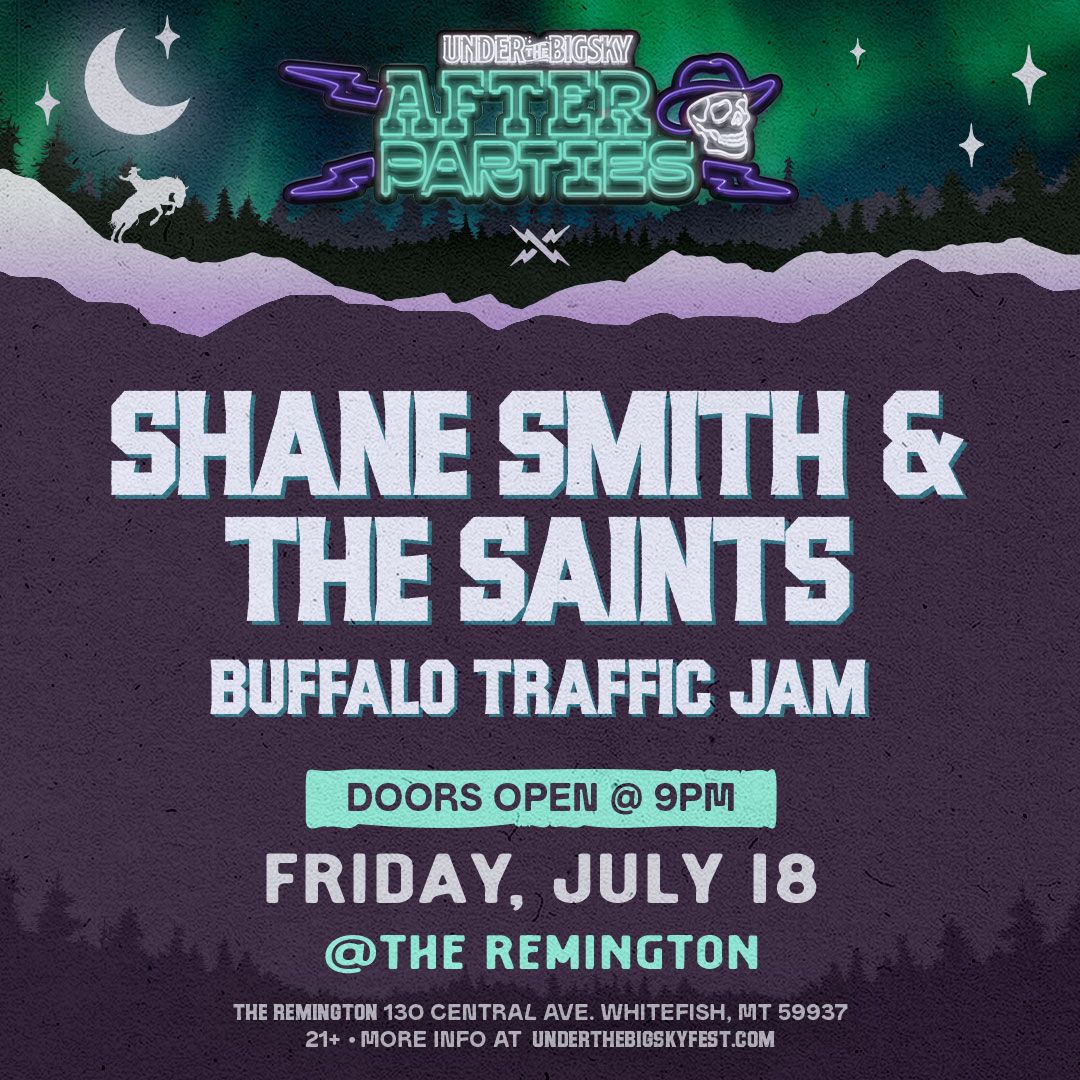
Shane Smith & The Saints is a Red Dirt country band from Austin, Texas, formed in 2011 by singer-songwriter Shane Smith, originally from Terrell, Texas. The band includes Bennett Brown (fiddle), Dustin Schaefer (guitar), Chase Satterwhite (bass), and Zach Stover (drums). They are known for their energetic live performances, rich four-part harmonies, and a sound that blends country, folk, rock, and Americana influences. Their discography includes four studio albums: Coast (2013), Geronimo (2015), Hail Mary (2019), and Norther (2024). The band’s exposure increased significantly after their music was featured on the television series Yellowstone, introducing them to a broader audience.
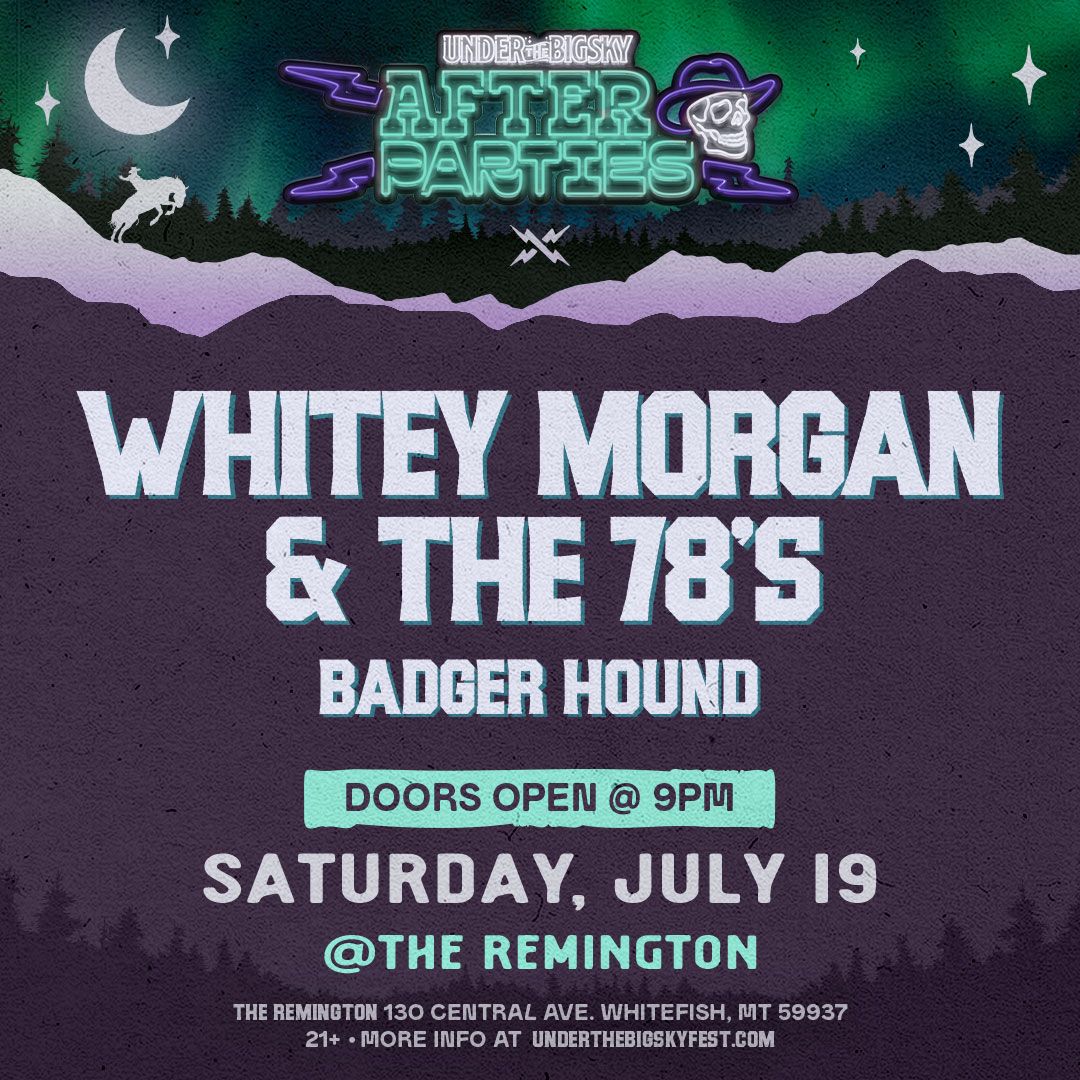
Whitey Morgan & the 78’s is an American country band from Flint, Michigan, led by singer-songwriter Eric Allen, who performs under the name Whitey Morgan. Formed in 2005, the band is known for its gritty, hard-driving outlaw country sound, drawing comparisons to legends like Waylon Jennings and Merle Haggard. Their discography includes notable albums such as Honky Tonks and Cheap Motels (2008), Whitey Morgan and the 78’s (2010), Sonic Ranch (2015), and Hard Times and White Lines (2018), all of which showcase their commitment to traditional country themes and styles.
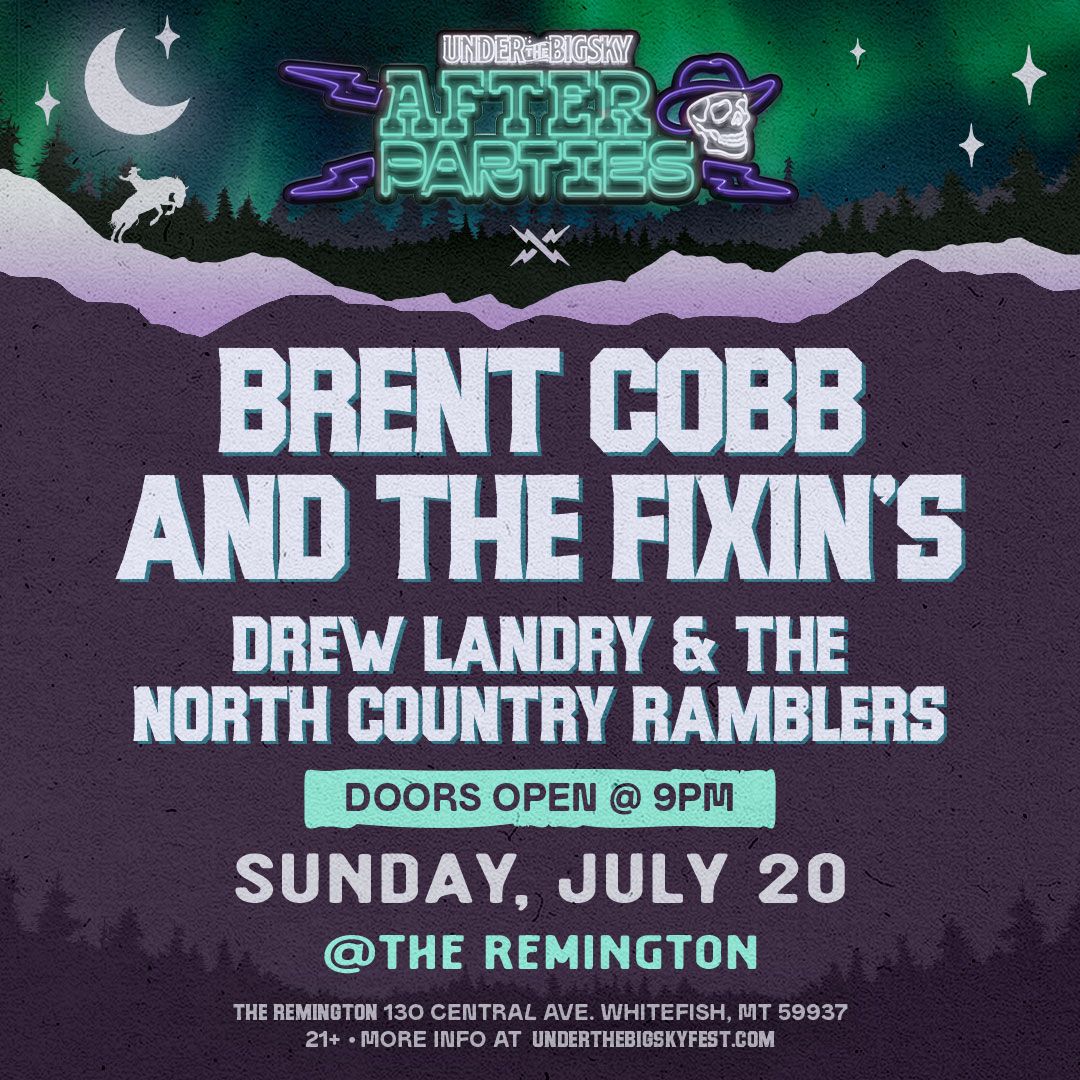
Brent Cobb & The Fixin’s is a Southern rock and Americana band led by Grammy-nominated singer-songwriter Brent Cobb. The group’s sound blends storytelling roots with gritty rock influences, and their upcoming album Ain’t Rocked in a While (releasing July 11, 2025) was recorded live to tape for a raw, vintage feel. Known for their high-energy performances, the band is currently touring across the U.S.
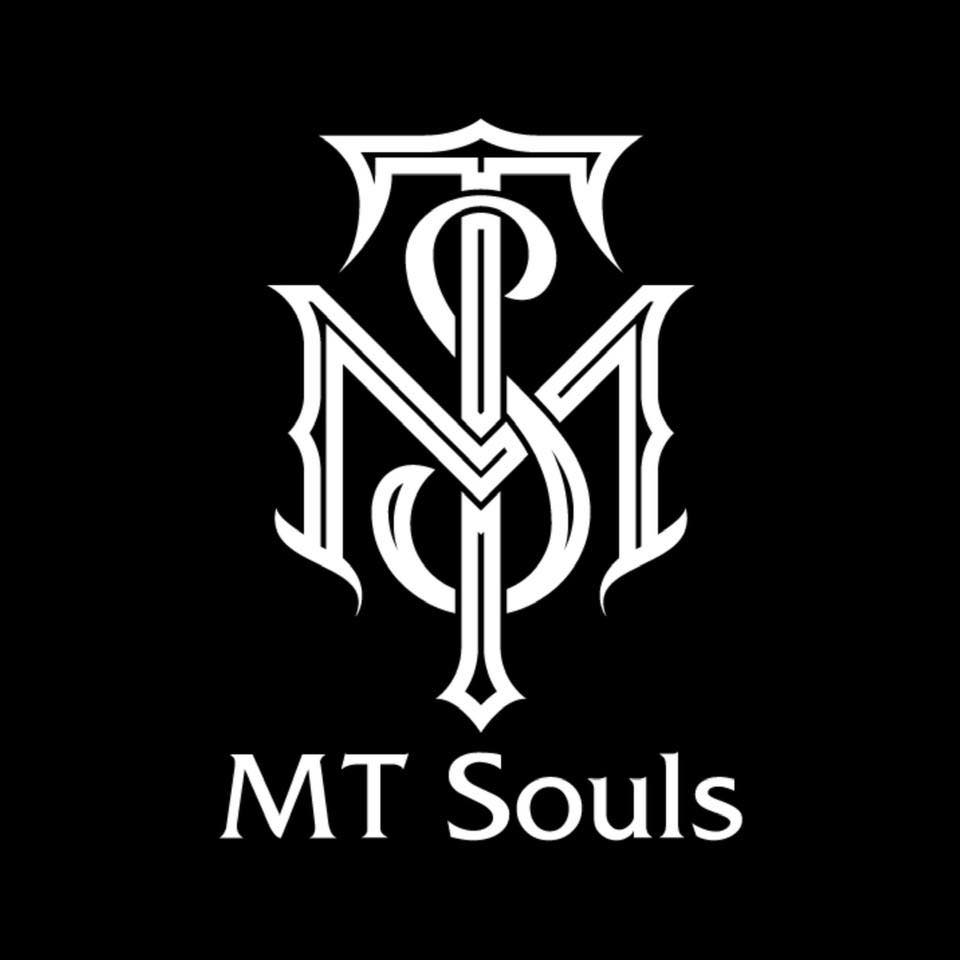
Come check out MT Souls at The Remington Bar and Casino.

The life of a singer-songwriter is truly a dichotomy: half swaggering troubadour sweeping into town and onto a spotlit stage, and half the unseen tribulations of a nomadic life and its effects on relationships and those closest to us. In a way, Danno Simpson was born into this life, immersed in music from a young age by a family with wanderlust. The constantly revolving cast of characters and backdrops provided the experiences that fill simpson expertly crafted songs and created a familiarity and comfort with the spontaneity and uncertainty that permeate the music industry.
Danno’s musical journey has progressed from a lifelong appreicaton of the holy trinity of Texas Songwriters (Townes, Guy, and Jerry Jeff) and the Rock & Roll sesnisbilites of the late 1990’s and early 2000’s Alt-Country scene, gaining steam in the underground punk house show circut throughout Colorado and finally exploding onto the growing Alt-Country/Americana scene in 2020 with the release of his self produced debut EP “Honest Work”. With follow-up singles and EPs in 2022, 2023, and 2024, the raucous and dedicated following to his original music has allowed the opportunity to share stages with artists including Wilco, The Steelwoods, Red Clay Strays, 49 Winchester, Dylan Gossett, and more. All the while crisscrossing the nation, making fans wherever he goes, be it an intimate acoustic performance or a full-fledged rock show.
The hard work and dedication to his craft that Simpson credits as his key to success are paying dividends in both his live show and recordings, with a full-length album planned for release in the summer of 2025 and a calendar increasingly full of live performances. While the path to success in music is not an easy one, and can be defined in many different ways, the steadfast progress and honest production style that have exemplified Danno’s career set the course for years of cathartic and catchy songs that continue to grow and evolve as he does.
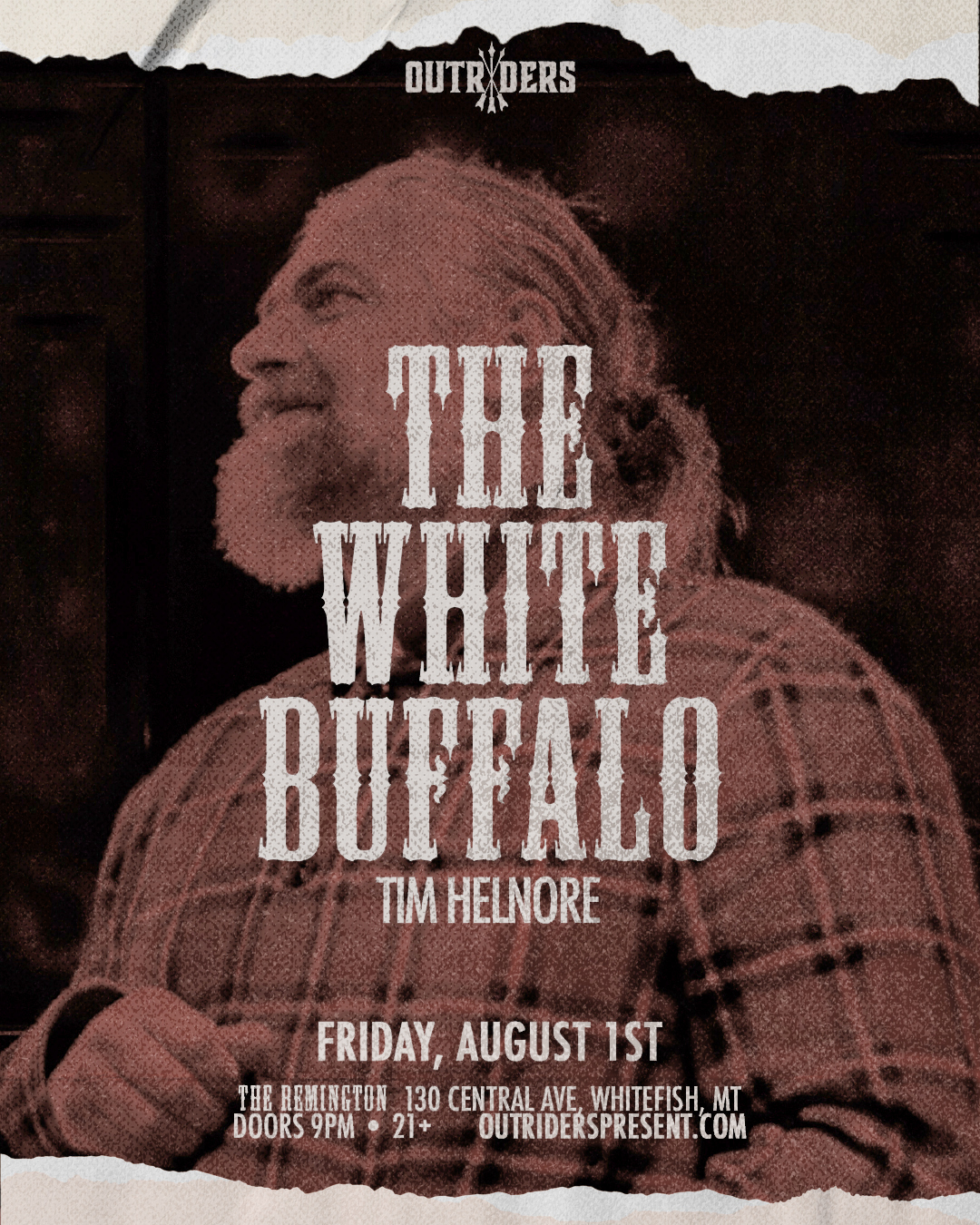
“Everyone knows that you can sing…”
For The White Buffalo – aka singer / songwriter / guitarist Jake Smith, Oregon-born, Southern California-raised – it was time to take the less travelled path; to assemble notions for studio album Number 8, the follow-up to ‘On The Widow’s Walk’ (Snakefarm, 2020), and embark on a voyage of discovery.
Out with the old, the organic, the expected, the tried; in with the new – new producer, new studio, new location, no distractions, no looking back…
Enter ‘Year Of The Dark Horse’…
“You think we’re a country band? A folk band? Americana? Rock? What the fuck are you gonna say now?!” laughs Jake. “With this album, I wanted something outside of what I’ve ever done. I wanted to open up. Do something dangerous. I’m hard to put into a singular genre as it is, but now I really wanted to take away any kind of preconception or pigeon-holing.
“And don’t ask me, cos I don’t know what it is! It’s a genre-bending thing – there’s elements and influences from ELO, Daniel Lanois, Tom Waits, The Boss, circus, pirate music, yacht rock, and I’m driving and pushing some of these numbers in a way I’ve never done before.
“At the top of the pandemic, I put the acoustic guitar on its stand, got a synthesizer and began writing on it, not really knowing how to play keys, just exploring the different sounds and landscapes. In the not knowing, it allowed me to expand my vocal melodies and compositions in ways the guitar had possibly limited.”

Rayland Baxter
For the making of his fourth album If I Were a Butterfly, Rayland Baxter holed up for over a year at a former rubber-band factory turned studio in the Kentucky countryside—a seemingly humble environment that proved to be something of a wonderland. “I spent that year living in a barn with the squirrels and the birds, on my own most of the time, and I discovered so much about music and how to create it,” says the Tennessee-bred singer/songwriter. “Instead of going into a studio with a producer for two weeks, I just waited for the record to build itself. I’d get up and go outside, see a butterfly and connect that with some impulsive thought I’d had three months ago, and suddenly a song I’d been working on would make sense. That’s how the whole album came to be.”
Longhorne Slim
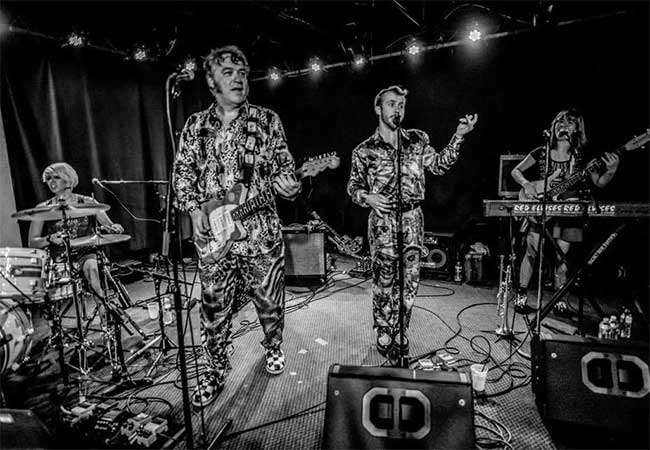
Igor started Red Elvises in 1995, following a dream he had that Elvis Presley came to him and told him to start playing rock’n’roll. Not one to say no to the King, Igor and his Russian friends started playing on Santa Monica’s 3rd Street Promenade. Their street musician days did not last long, however, as they drew such huge crowds that the City of Santa Monica brought them to court and ordered them off the streets. Since then Red Elvises have been constantly touring, with occasional breaks from the road to record an album or take part in film and television projects. This constant work for the last 15 years has led to them gaining a world-wide following, with successful tours all over North America, Europe and Russia (Red Elvises bootlegs have been found in Siberia).
